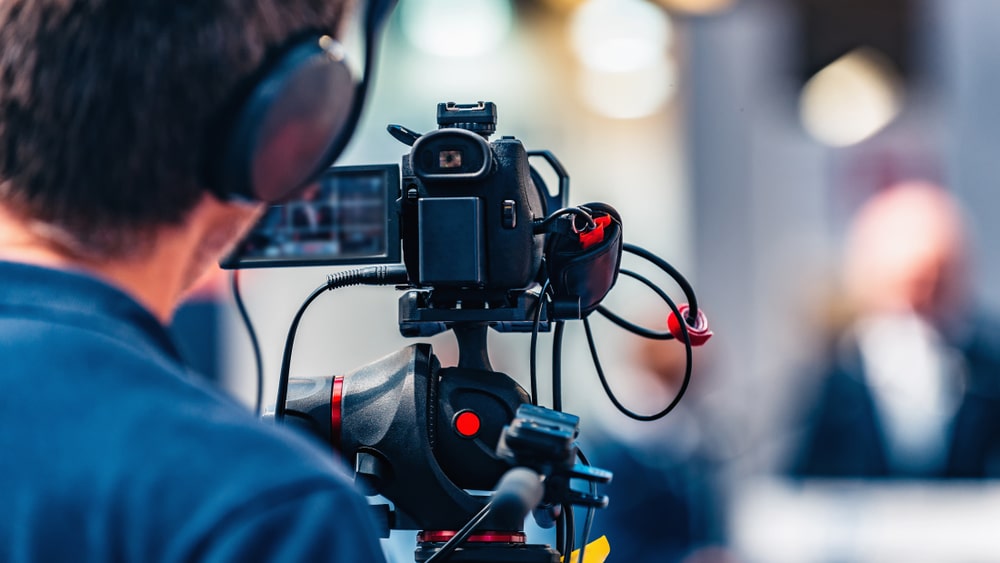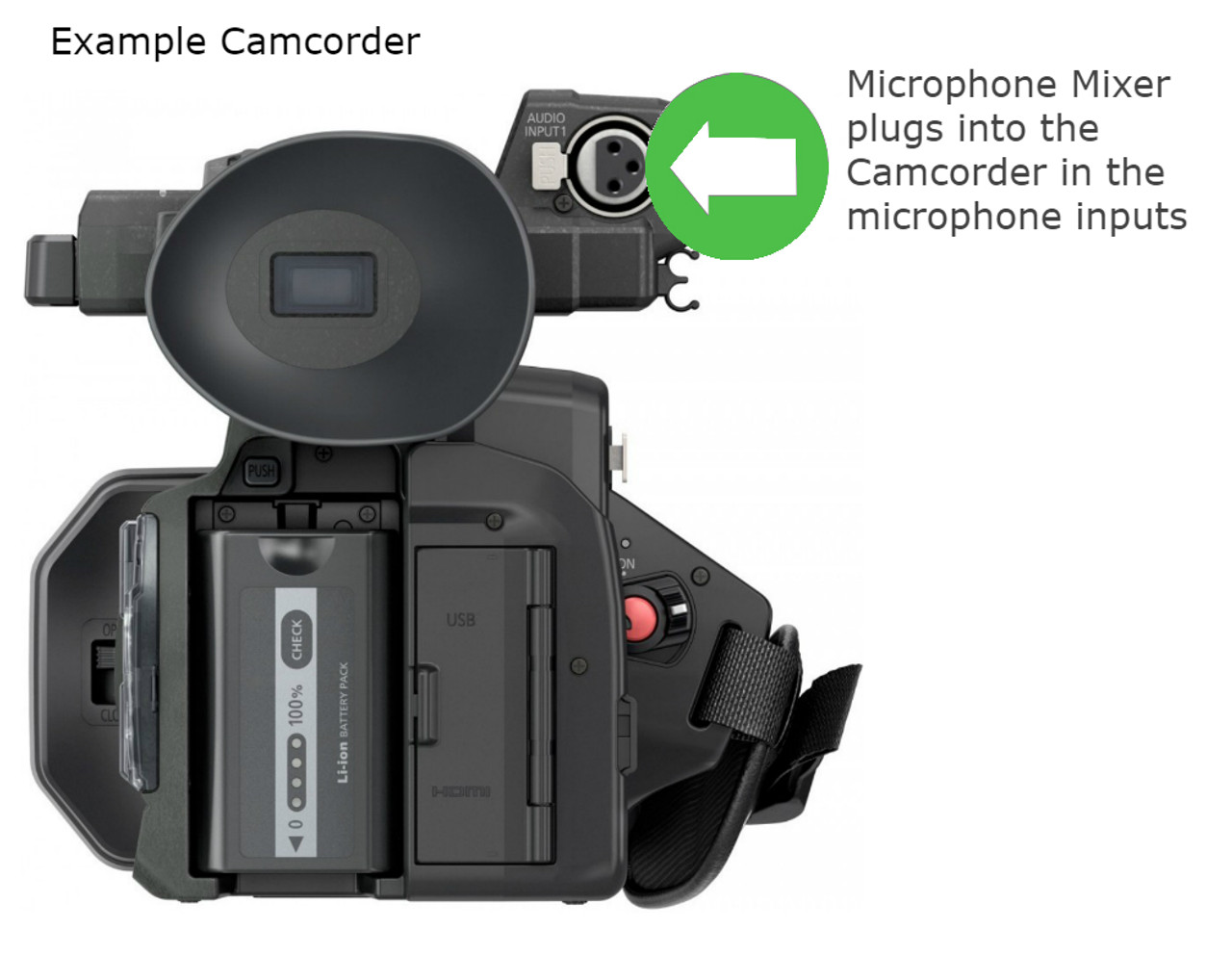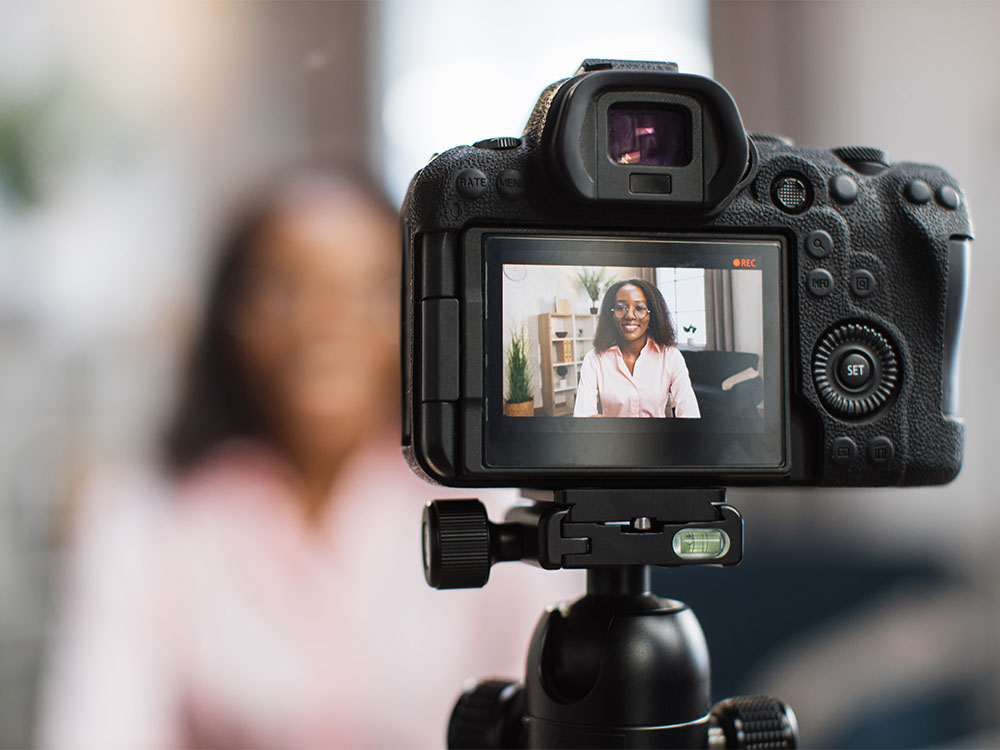The Importance of Lawful Video Clip Depositions in Modern Legal Solutions: What You Should Know
Lawful video clip depositions have become important in today's legal landscape. They give a multidimensional sight of witness testaments that standard transcripts simply can not match. By recording both verbal and non-verbal interaction, these depositions improve the overall understanding of a witness's credibility. Nonetheless, the performance of video depositions rests on different variables, consisting of compliance with lawful standards and ideal techniques (legal video depositions). Discovering these elements exposes their real relevance in modern legal solutions
What Are Legal Video Clip Depositions?
Lawful video depositions serve as a vital tool in the lawsuits procedure. They involve tape-recording witness testaments in a video format, catching both spoken and non-verbal communication. This technique allows lawyers to record the disposition, expressions, and reactions of witnesses, supplying a richer context for the testament. Commonly conducted in a controlled atmosphere, these depositions are led by lawyers that ask questions while a court reporter records the dialogue. The resulting video clip can be crucial for trial preparation, as it allows legal representatives to analyze the trustworthiness of witnesses and fine-tune their approaches. Furthermore, legal video depositions can be used in numerous lawful contexts, varying from civil disagreements to criminal instances. The visual and auditory elements of video depositions enhance the presentation of evidence, making it a vital element in the modern-day lawful landscape. On the whole, they add substantially to the performance and performance of lawful procedures.

Benefits of Video Clip Depositions Over Standard Techniques
Video depositions provide various advantages compared to typical approaches of taking witness testaments. One substantial advantage is the capability to catch both audio and visual components, supplying a much more complete record of the witness's statements. This double style enhances quality and permits lawyers to reference specific nuances throughout test preparation. In addition, video depositions facilitate remote engagement, making it much easier for witnesses who might be inaccessible for in-person looks because of geographical constraints or health issues.Moreover, video clip depositions can accelerate the overall deposition procedure, minimizing the moment and costs connected with travel and logistics. They also boost availability, as tape-recorded depositions can be conveniently shared among lawful teams and referenced at any moment. This ease adds to much better case administration and preparation. Generally, video depositions stand for a modern, effective approach to collecting witness testimonies, lining up with the evolving requirements of the lawful profession.
The Duty of Body Language and Tone in Testimonies

In legal video depositions, body movement and tone play vital roles in communicating a witness's reliability and dependability. Nonverbal signs can offer insights right into a witness's emotion, influencing exactly how their testament is regarded. Understanding the impact of these aspects is crucial for lawyers and jurors alike when evaluating the dependability of a statement.
Nonverbal Interaction Insights
While spoken interaction is usually stressed in legal testimonies, nonverbal cues such as body language and tone play a vital function in communicating integrity and feeling. Viewers of depositions might keep in mind that a witness's pose, motions, and facial expressions can greatly influence perceptions of reliability. Consistent eye get in touch with may signal self-confidence, while staying clear of look might suggest deceit or pain. Likewise, the tone of voice-- its pace, pitch, and quantity-- can impart feelings of sincerity or uncertainty. Attorneys should be attuned to these nonverbal signals, as they frequently give important context that matches talked words. Recognizing these subtleties can enhance the performance of depositions and affect the result of legal procedures.
Emotional Tone Influence
The emotional tone shared during lawful testimonies greatly influences exactly how a witness is regarded. Body movement, vocal inflections, and faces play important duties in shaping the story of a statement. A witness showing confidence through constant eye contact and a tranquil tone can instill a sense of dependability and engagement. Conversely, indications of anxiety, such as fidgeting or a shaky voice, may bring about skepticism regarding their account. The nuances of emotional expression can influence the analysis of facts, making it necessary for attorneys to identify these hints. In video clip depositions, the acoustic and aesthetic parts combine, highlighting the value of psychological tone in conveying sincerity and truthfulness within the lawful procedure.
Reliability and Reliability
An important factor in establishing trustworthiness and reliability throughout testaments hinges on the witness's body movement and tone of voice. Onlookers commonly count on non-verbal signs-- such as eye contact, position, and motions-- to analyze a witness's genuineness. For example, a witness who maintains eye contact and displays open body movement may be viewed as more sincere and reliable than one who avoids eye call or shows up shut off. In addition, intonation plays a crucial function; a steady, tranquil tone can enhance the reputation of the statement, while changes in pitch or volume might increase questions. Ultimately, the mix of body movement and singing tone significantly influences just how a witness's statements are received and analyzed in a lawful context.
Best Practices for Performing Video Clip Depositions
Conducting video clip depositions needs careful preparation and execution to assure a effective and clear discussion of statement. Initially, it is very important to select a silent, well-lit place to minimize disturbances and safe optimal video clip quality. The equipment needs to be evaluated in advance, including cameras, microphones, and illumination, to avoid technical concerns during the deposition.Next, celebrations entailed should examine the format and procedures ahead of time, seeing to it that every person understands their functions. The deponent needs to be briefed on the process, consisting of how to respond clearly and concisely.Additionally, keeping a professional demeanor throughout the session is important. This consists of abstaining from talking over each other and confirming that all questions are guided properly. It is vital to tape the deposition in a layout that permits for easy playback and review, preserving the stability of the statement for future use.
Legal Considerations and Conformity Issues
Just how do legal considerations and compliance problems influence the effectiveness of video depositions? Legal professionals need to browse an intricate landscape of regulations, guaranteeing that video depositions abide by administrative regulations and standards. Compliance with laws concerning personal privacy, authorization, and recording approaches is essential. For instance, getting specific approval from all celebrations involved is necessary to stay clear of lawful repercussions.Additionally, the admissibility of video clip evidence in court can depend upon conformity with step-by-step demands. Ensuring that the devices used meets technological requirements is also vital, as bad quality can threaten the deposition's reliability.Moreover, attorneys must know any type of particular state laws that regulate video depositions, as these can differ significantly. Failing to attend to these considerations can not just jeopardize the honesty of the deposition but additionally impact the total case approach, ultimately influencing the client's lawful outcomes.
Just How Video Depositions Effect Court Understanding
While video clip depositions can act as effective tools in legal process, their influence on court assumption is considerable. The visual and auditory aspects of video clip recordings provide jurors with a much more thorough understanding of witness temperament, reputation, and emotional responses. This multimedia technique can boost the jurors' ability to examine the integrity of testimony compared to typical text-based transcripts.Moreover, video clip depositions allow jurors to observe body language, intonation, and faces, all of which can affect their analysis of the witness's declarations. The visibility of a witness on screen can humanize them, fostering empathy and connection, which might guide jurors' point of views. On the other hand, a witness that shows up unreliable or incredibly elusive on video clip might bring about adverse perceptions that affect a court's choice. Ultimately, the dynamic nature of video depositions plays an important function in shaping exactly how jurors translate evidence and reach their decisions.
The Future of Video Clip Depositions in Legal Method
As innovations in modern technology proceed to improve the lawful landscape, the future of video clip depositions is positioned for substantial advancement. Innovations such as expert system, virtual reality, and boosted video clip conferencing devices are expected to improve the deposition process and improve accessibility. Attorneys might make use of AI-driven analytics to examine witness reputation and instance stamina much more effectively.Moreover, the integration of virtual fact can enable address juries to experience immersive simulations of depositions, offering deeper context and understanding. In addition, the pattern toward remote depositions is most likely to linger, using greater adaptability for lawyers and clients alike.As remote job ends up being my company increasingly stabilized, video depositions will likely become standard technique, decreasing costs and time restraints connected with conventional methods. On the whole, these technological advancements assure to enhance the performance, efficiency, and accessibility of video clip depositions in legal technique, inevitably transforming just how lawyers plan for trial.
Regularly Asked Questions
Just How Much Do Legal Video Clip Depositions Normally Cost?

Can Video Depositions Be Made Use Of in Any Sort Of Situation?
Video depositions can be utilized in various sorts of cases, consisting of civil, criminal, and family members legislation. Their versatility permits lawyers to present witness testaments effectively, adapting to the details needs of different legal scenarios.
What Tools Is Required for a Video Deposition?
To carry out a video clip deposition, essential devices consists of a high-quality video camera, microphone, lights, and a dependable recording gadget. In addition, a computer with modifying software may be essential for post-production and formatting the final video clip.
Exactly how Long Does a Normal Video Clip Deposition Last?
A regular video deposition lasts between 2 to four hours, depending upon the intricacy of the case and the number of inquiries postured. Extensive sessions might take place, yet breaks are generally incorporated for participant convenience.

Are Video Clip Depositions Admissible in Court?
Video depositions are normally admissible in court, provided they stick why not find out more to lawful criteria and regulations of proof. Their usage improves clearness and protects witness statement, helping in the judicial process during tests and hearings. Lawful video depositions have become essential in today's lawful landscape. In addition, legal video depositions can be utilized in numerous lawful contexts, ranging from civil disputes to criminal cases. In addition, video clip depositions help with remote participation, making it easier for witnesses that might be unavailable for in-person appearances due to geographical restraints or health and wellness issues.Moreover, video depositions can expedite the total deposition process, reducing the time and prices connected with travel and logistics. Making certain that the devices used fulfills technological standards is additionally crucial, as poor high quality can threaten the deposition's reliability.Moreover, attorneys must be mindful of any details state legislations that govern video clip depositions, as these can differ considerably. Additionally, the pattern toward remote depositions is most likely to persist, using greater adaptability for attorneys and customers alike.As remote job ends up being significantly normalized, video clip depositions will likely become typical practice, lowering costs and time restrictions associated with standard approaches.
Comments on “The role of legal video depositions help in reaching favorable settlements”